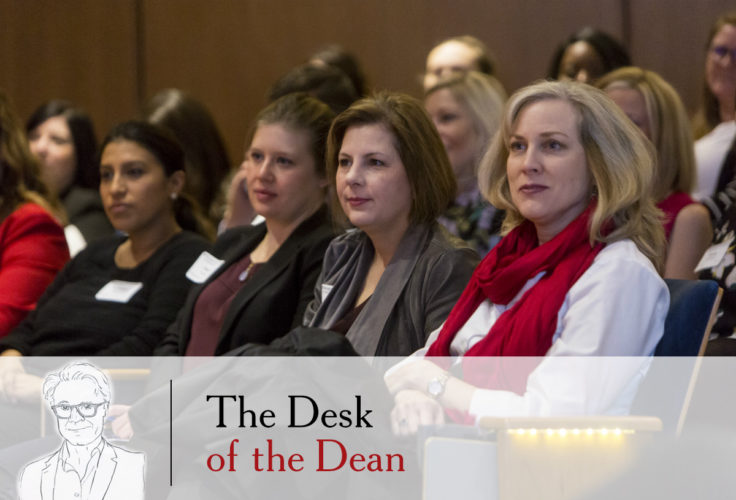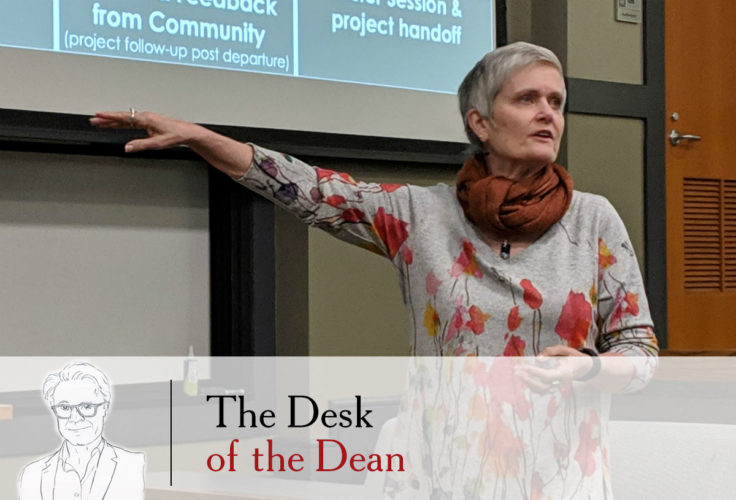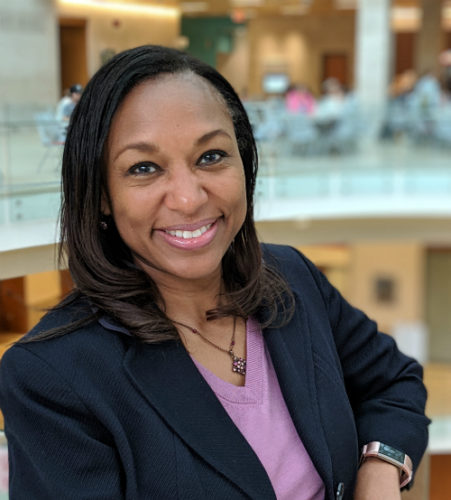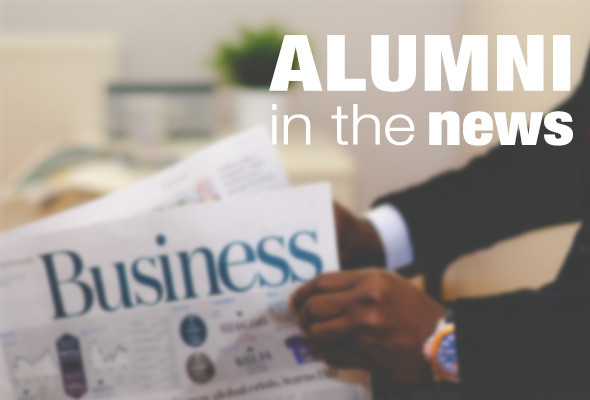Over the past several weeks, I have heard powerfully and candidly from many in our alumni and student community about the need for a clear message—backed by action—concerning the shameful record of racial inequity in our community and beyond. I hear them and want to be clear about my response: I stand in solidarity with the Black members of our community and the community at large. Further, we state unequivocally that Black Lives Matter.
Serious issues of racial inequity—brought again to the fore by the killings of George Floyd, Breonna Taylor, Rayshard Brooks, Ahmaud Arbery and many others—are deeply painful and there is urgency in putting action behind our conviction.
At Olin, we say we are better than this. We are committed to being a community of diversity, equity and inclusion. We will foster an environment where our staff, faculty, students and alumni uphold these principles. Our conviction is real. Conviction alone, however, is not enough. We must put action behind those convictions.
I am appointing a task force—which I will chair and which will include representatives from within Olin and across WashU—to guide us toward identifying unjust systems and practices, and offer sustainable strategies to infuse solutions throughout Olin, from recruiting students and faculty, to curriculum improvements, to research.
At the same time, I have appointed a team to begin work immediately with the Olin Diversity and Inclusion Team to develop a robust plan, with goals and measurable performance indicators, focused on strategies to uproot systems of racism within our community. This team has my direct support.
I am committed to following through on this work, communicating regularly about our progress and consulting with all members of our community. I am grateful for the valuable insights and strong counsel I have already received. I am also grateful for the ongoing work by our faculty, staff and students toward a more diverse, equitable and inclusive Olin. I recognize there is far more work to do.
I will share further updates soon as our work begins to yield specific action steps.
Pictured above: May 30, 2020: Protestors raise their hands in solidarity outside of the Fifth Police Precinct in Minneapolis in response to the death of George Floyd. (David Brickner/Shutterstock)











 About CNA
About CNA